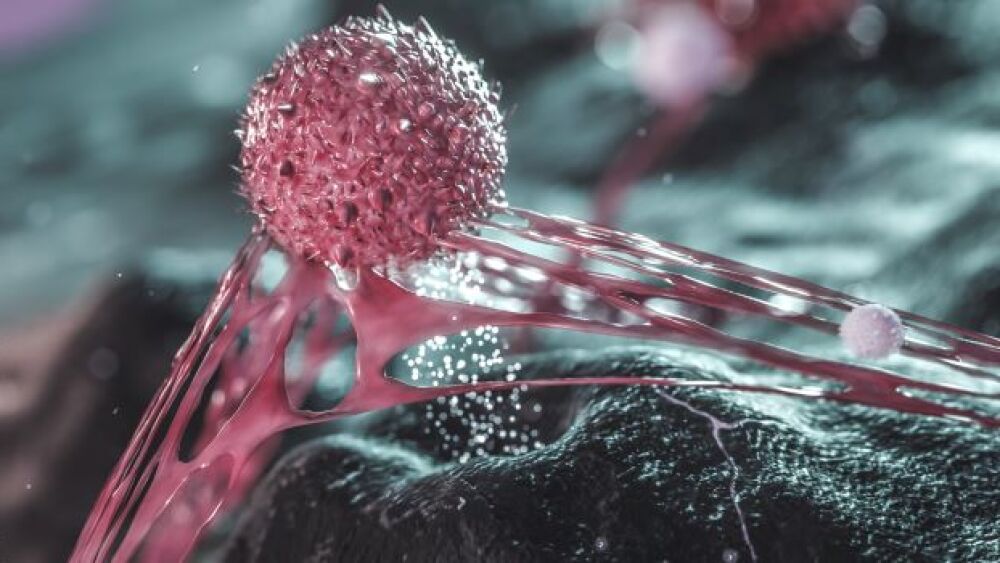Days after announcing the U.S. Food and Drug Administration (FDA) has cleared the next clinical trials to launch for its lead natural killer (NK) cell therapies, NKMax America announced it has renamed itself NKGen Biotech.
Days after announcing the U.S. Food and Drug Administration (FDA) has cleared the next clinical trials to launch for its lead natural killer (NK) cell therapies, NKMax America announced it has renamed itself NKGen Biotech to better align with its core focus and is planning to expand its lead therapy into off-the-shelf therapeutics.
NKGen’s lead product is SNK-01, an autologous NK cell immunotherapy that is being tested for cancer and neurodegeneration as both a monotherapy and in combination with immunotherapies and other antibodies. The new trial will combine SNK-01 with Affimed N.V.’s AFM24, a bispecific innate cell engager that recruits CD16A-positive NK cells and macrophages to the tumor site while also binding to EGFR-positive solid tumors.
The companies announced the partnership last October, along with an option to expand the trial from autologous SNK-01 treatment to an allogeneic, off-the-shelf version of the cell therapy. To date, SNK-01 has been tested in seven other clinical trials, all as an autologous product manufactured from cells derived from patients. But the company also announced plans for its allogeneic NK cell platform next year.
Autologous cell therapies pose fewer safety risks as they do not have host compatibility issues, and autologous therapies like bluebird bio’s chimeric antigen receptor (CAR) T cell Abecma have had regulatory success. Abecma was approved in patients with multiple myeloma this week. But autologous therapies are expensive and difficult to scale up.
NKGen has been launching cancer clinical trials for SNK01 since 2019, including monotherapy for refractory solid tumors. The company is also planning Phase II testing in patients with localized or metastatic sarcoma and triple-negative breast cancer, following the completion of phase I safety trials in those diseases. SNK01 is also in several combination trials, including Phase II testing with checkpoint inhibitor Keytruda (pembrolizumab) for stage IV non-small cell lung cancer, Phase II testing with Herceptin (trastuzumab) or Erbitux (cetuximab) for refractory HER2-positive or EGFR-positive solid tumors, and Phase I testing with Keytruda or Bavencio (avelumab) for refractory solid tumors.
At least three other companies have NK cell therapies in Phase I testing: Fate Therapeutics is testing FT500 in patients with solid tumors; Nkarta Therapeutics’ NKX101 in patients with acute myelogenous leukemia and myelodysplastic syndrome; and Acepodia’s ACE1702 in patients with HER2-positive solid tumors.
NKGen is also testing SNK01 in a Phase I trial for patients with Alzheimer’s disease and other neurodegenerative diseases.
Heidelberg-based Affimed launched a Phase I/IIa trial for AFM24 as a monotherapy in advanced lung, colon, and other solid tumor malignancies last year. In June, the company reported no dose-limiting toxicities were seen in the first dose cohort and it was moving on to test a higher dose.






